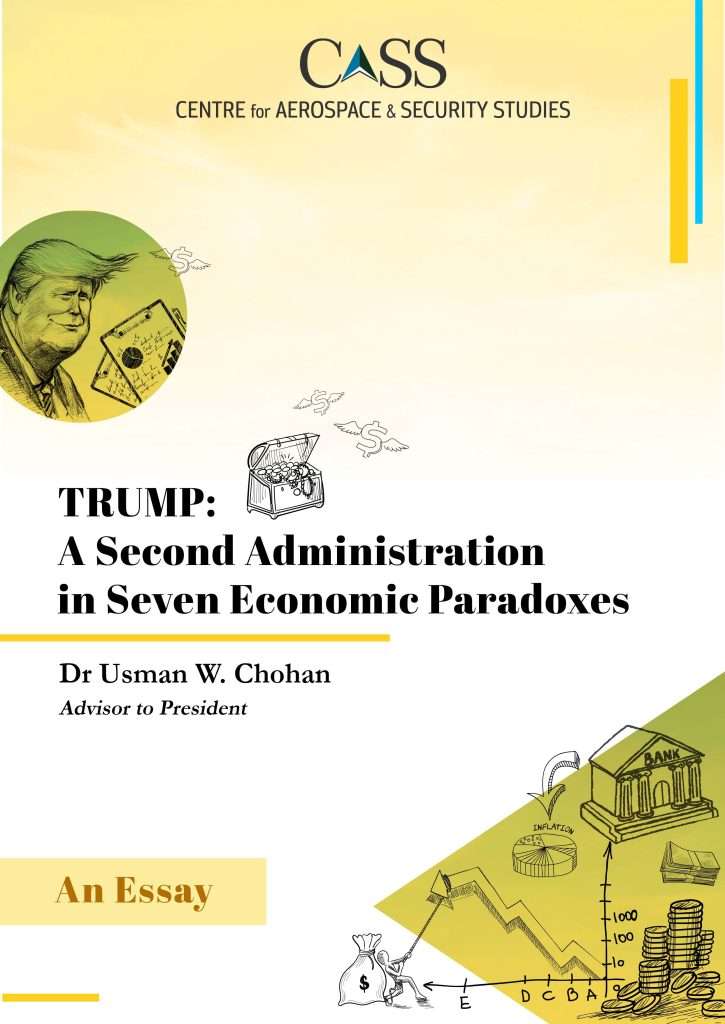
TRUMP: A Second Administration in Seven Economic Paradoxes
The aim of this essay is to shed light on the economic and political implications of a second administration under Donald Trump, by exploring seven key paradoxes
2591 views
Advisor

Dr. Usman W. Chohan is an international economist and academic who was one of the founding Directors of CASS, now serving as Advisor to President CASS on Economic Affairs & National Development. He is among the Top 100 Authors across all subjects & disciplines (out of 2.5 million authors) on the Social Science Research Network (SSRN), which is the largest open repository of knowledge in the world. At CASS, he has authored & edited ten books in the past eight years, all published with Routledge (see below). In the academic realm, his research has been cited widely, and Dr. Chohan has testified before various authorities based on his technical expertise. He has been published in prestigious journals such as Policy & Society, The International Journal of Public Administration, and Parliamentary Affairs.
Dr. Chohan has a PhD in economics from UNSW Australia, where his doctoral work led to the world’s first multidisciplinary synthesis of independent legislative fiscal institutions, and an MBA from McGill University (Canada), with coursework at MIT-Tsinghua. His previous practitioner experience includes working at the National Bank of Canada and the World Bank. Dr. Chohan has been a speaker at major national conferences such as GSTAR and the Margalla Dialogue. He is also the President of the International Association of Hyperpolyglots (HYPIA), the leading organization worldwide for hyperpolyglotism and whose membership consists of the speakers of six or more languages.
Dr. Usman appears frequently on domestic and international television,
List of Books at CASS

The aim of this essay is to shed light on the economic and political implications of a second administration under Donald Trump, by exploring seven key paradoxes
2591 views
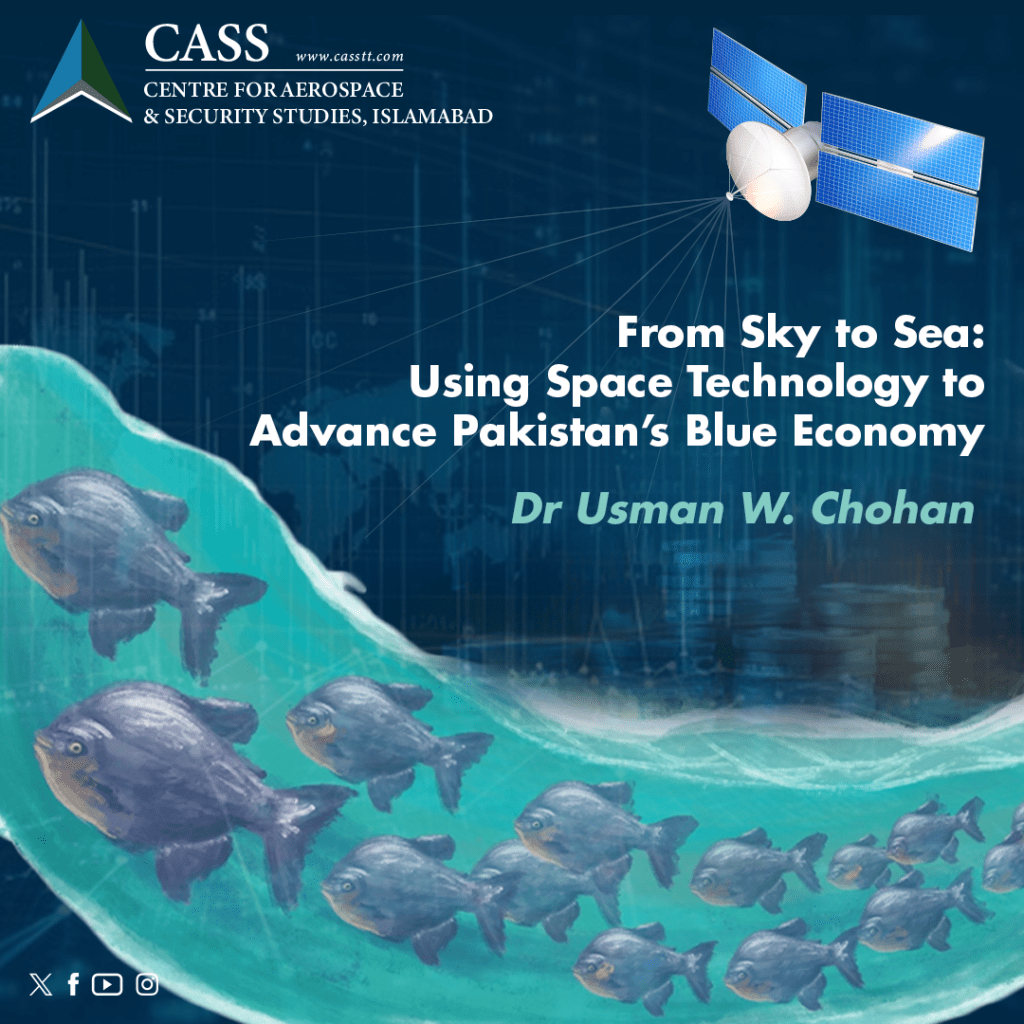
Although there has been considerable discussion about the potential for Pakistan to develop its “blue economy”
2591 views
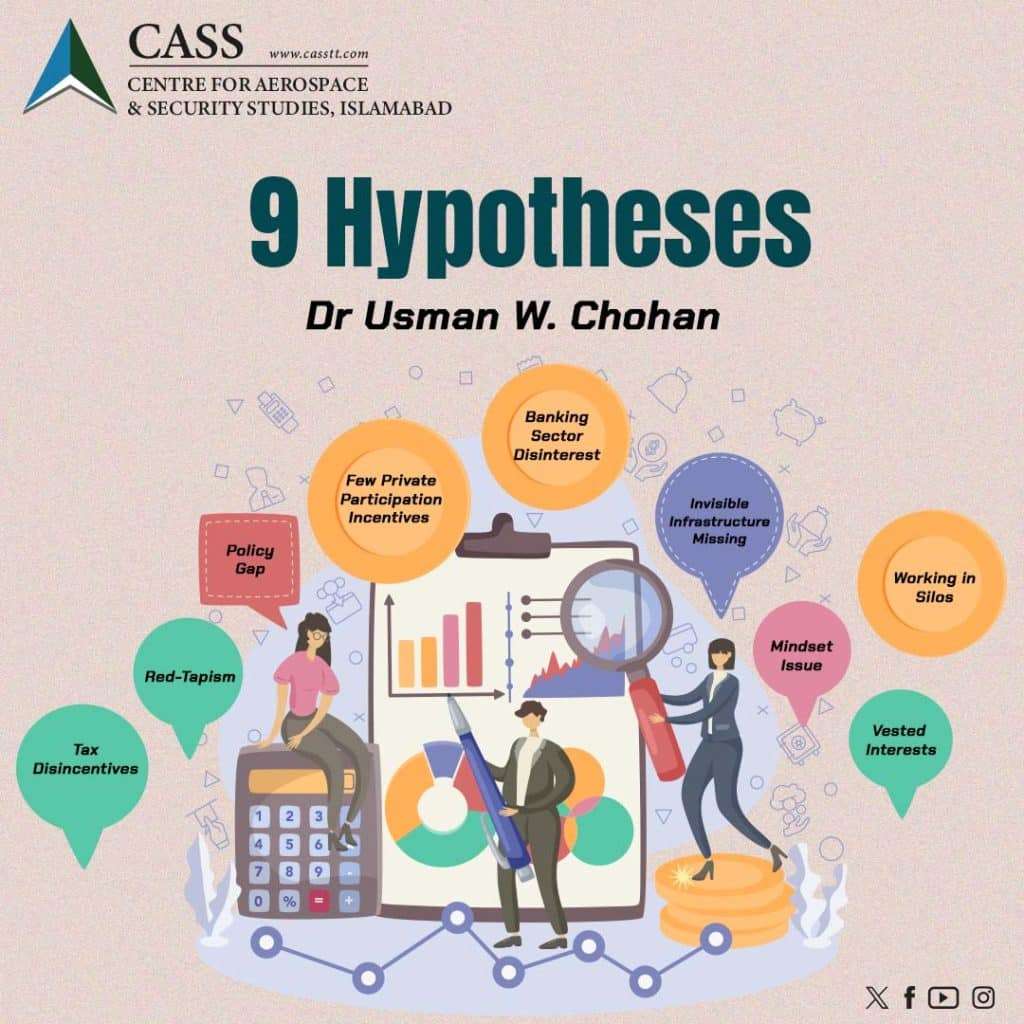
Having a conceptual framework in mind allows one to apply existing knowledge to unfamiliar scenarios, adjusting the framework as new data
2591 views
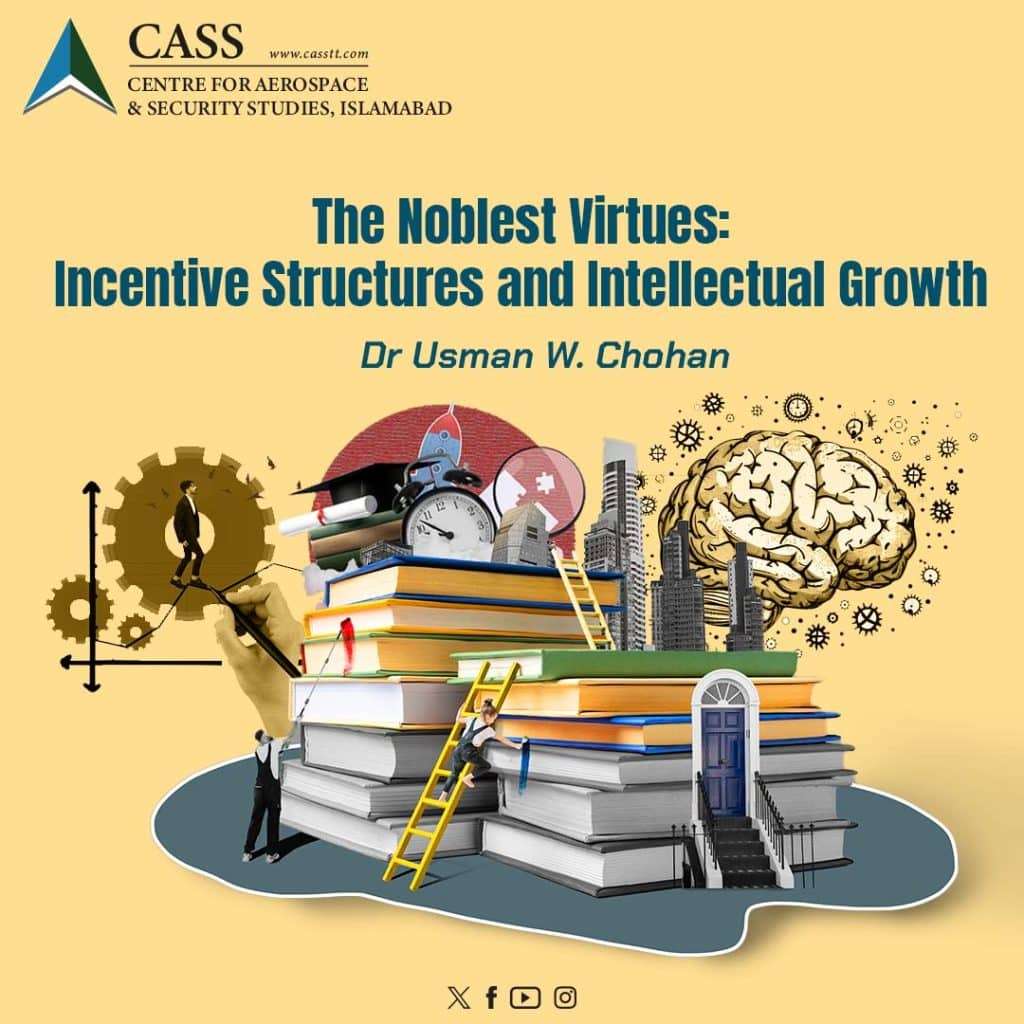
The discussion surrounding education in Pakistan is often framed as if it were the primary solution to the country
2591 views
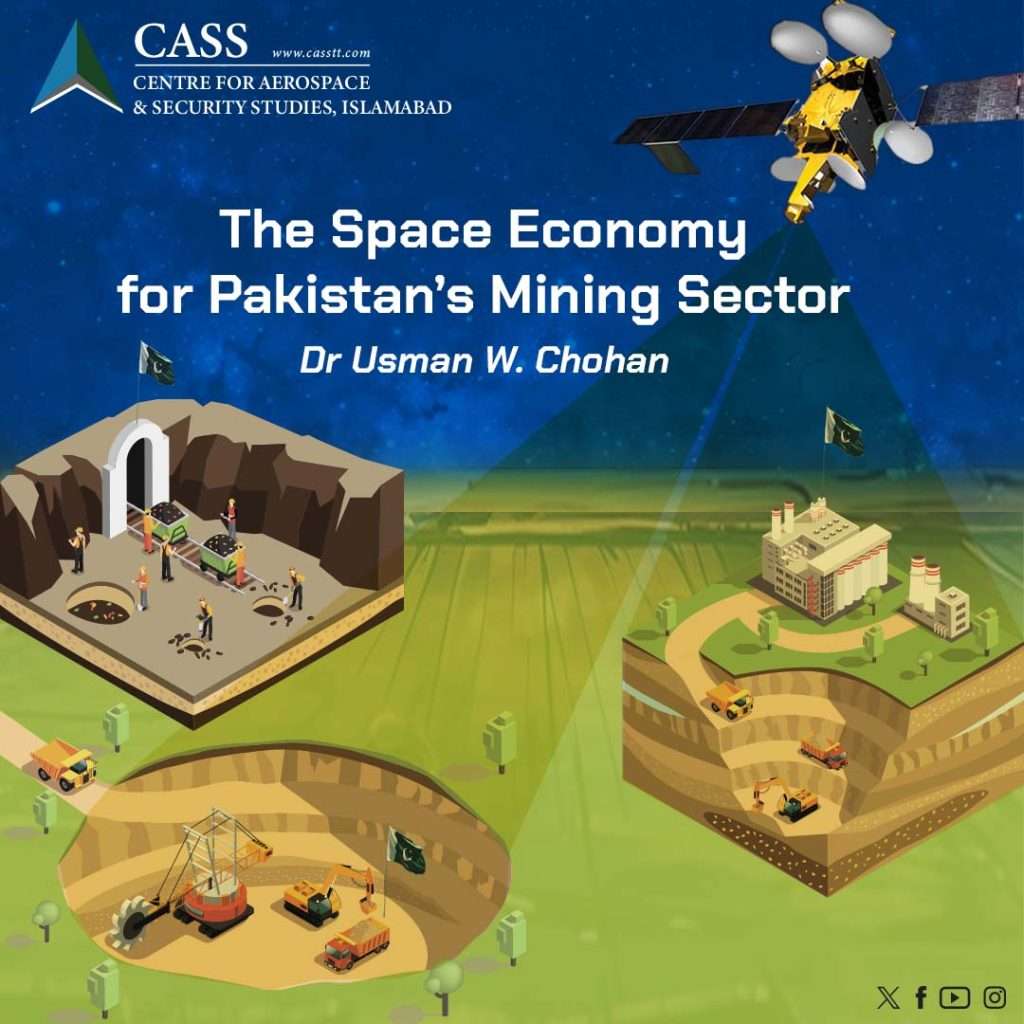
Pakistan’s mining sector is endowed with tremendous potential as the country houses vast
2591 views
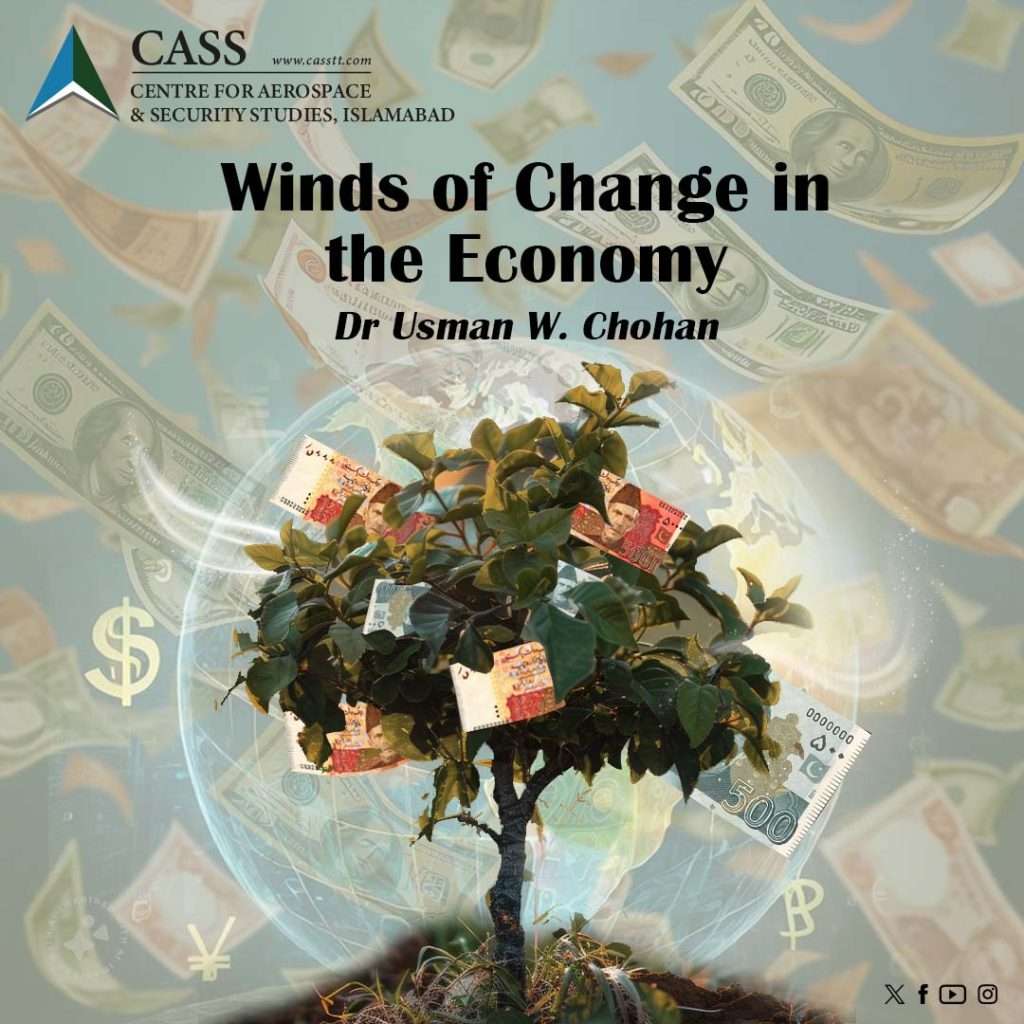
After two years of extremely challenging international economic conditions, there are signs of reprieve for the Pakistani economy that emanate from a broader cooling and monetary easing in the world economy. Both the
2591 views
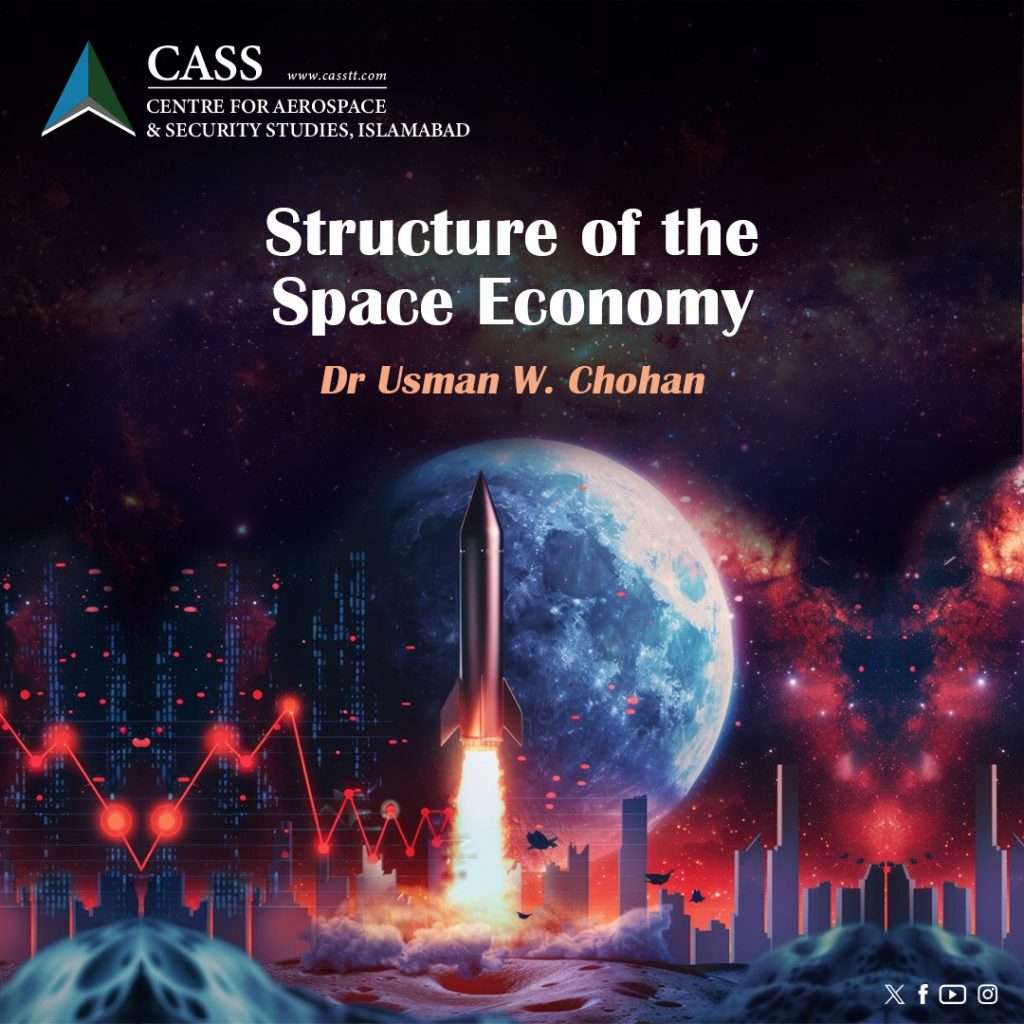
To understand the space economy, it is crucial to first define its scope. What exactly constitutes the space economy? Where is it located, and how large is it? These questions highlight the pervasive nature of the modern space economy as we move further into the 21st century. The space economy for the
2591 views
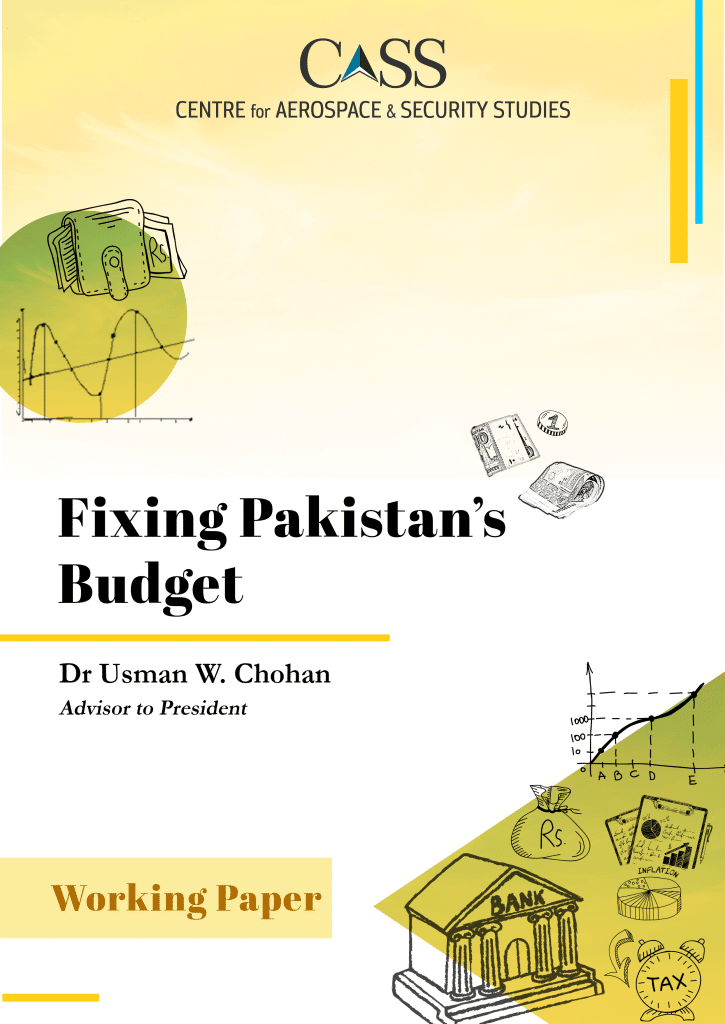
The question of fiscal sustainability has long haunted the Federal Budget of Pakistan. As deficits have widened over consecutive years, reform efforts have been piecemeal and trivial at best, and counterproductive at worst. What Pakistan’s budgetary architecture requires, however, is a systematic overhaul. By contrast,
2591 views
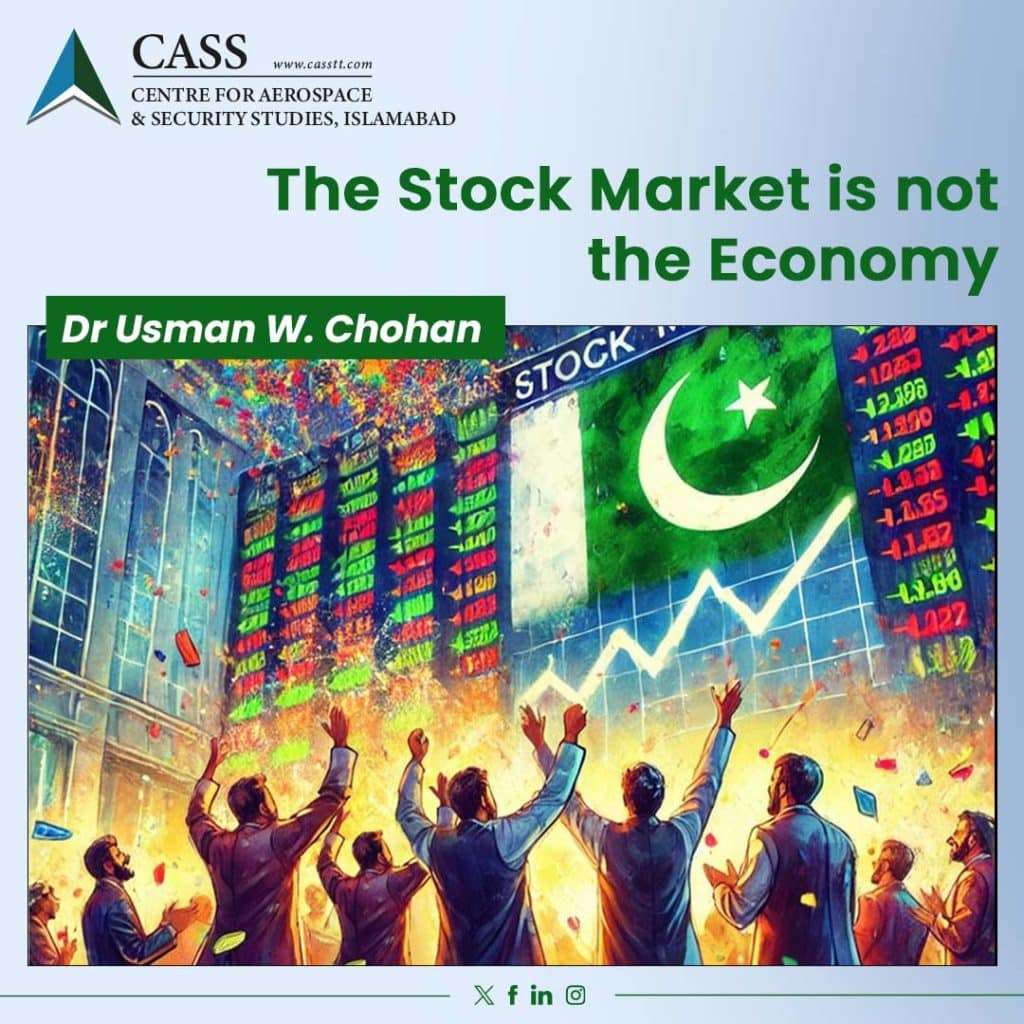
The ebbs and flows of business cycles provide ample evidence that a stock market, by itself, is not representative of an economy as a whole. Even in recent memory, one may think of how governments around the world poured in unprecedented amounts of stimulus during COVID-19, much of which poured
2591 views

All views and opinions expressed or implied are those of the authors/speakers/internal and external scholars and should not be construed as carrying the official sanction of CASS.
